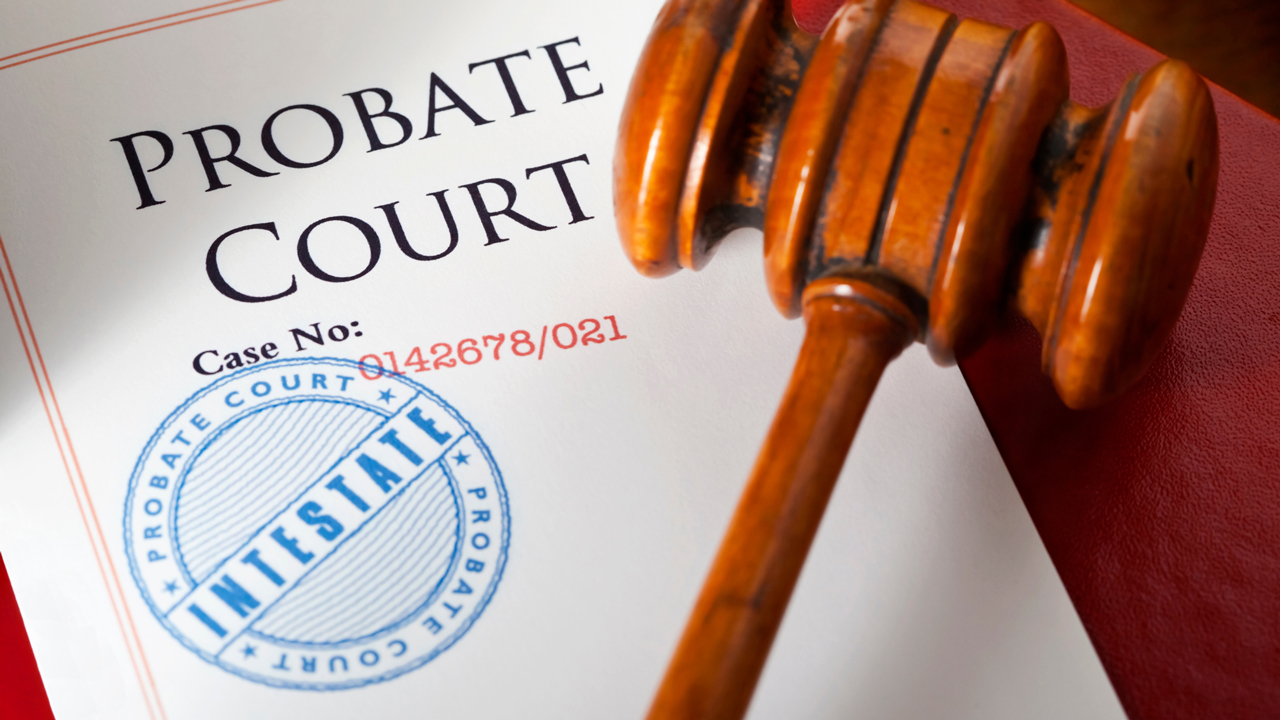Estate planning involves a lot of difficult discussions, mainly because we're confronted with our own mortality. Nevertheless, they're necessary to identify what needs to be done and who is going to do it. One of the immediate tasks is initiating probate. The Executor is responsible for probate proceedings, which can be tricky and time-consuming. A Los Angeles estate planning attorney saves you time by going through complicated paperwork together.
Aside from probate attorneys, one of the most important people on the practical side of estate planning is the Executor or Administrator. He needs to be someone you can trust and who won't be intimidated by handling the entire legal process. He must be there until a judge in the California Probate Court system makes the final decision.
Read: Probate Process in California: Why a Lawyer Is Necessary
How to Apply for Probate in California
The California Probate Code contains all the information you need, including rules and regulations that govern the state. It's important for Los Angeles estate planning lawyers to be intimately familiar with everything the code contains, so they can confidently provide Executors with all the help they need to get through probate administration as efficiently and quickly as possible.
In essence, if you want to apply for probate in California, you must arm yourself with as much information regarding the process as possible. Your probate lawyer will help you collect all the documents you need, like the original will and death certificate, and officially begin the process by filing a petition for probate.
Executors are responsible for informing everyone with a vested interest in the will about probate commencing and giving them a reasonable period of time to register a claim, if necessary.
Throughout the process, the Executor must ensure that their actions and decisions are compliant with the Californian Code and that all the files, forms, reports, records, and transactions are correctly and timely submitted.
Read: The Difference Between Probate and Trust Administration
Estates that May Need Formal Probate
Simple estates can go through an informal probate procedure, but larger estates go through formal probate.
There are two primary factors that lead to formal probate:
- Assets that can't go through a simple transfer process
- The deceased's estate is worth more than $166,250
The next step is to file a probate petition.
Steps to Take If the Case Belongs in Probate Court
There are several steps that must be followed during probate to complete the administration of the last will and testament. The steps must be carried out in a certain order—no exceptions. The forms must also be meticulously completed with no errors. If there are errors, you have to go back and start all over again.
Here is an overview of the steps you and your estate planning attorneys in Los Angeles must follow.
1. File the Petition
You must file the petition in the county where the deceased person died. Complete California Form DE-111 to notify the court and schedule the time and date for the first hearing.
2. Publish the Notice of Hearing
Once you have a date for your hearing, you must publish the meeting in the local newspaper at least three times. All interested parties must receive a copy of the notice of hearing.
3. The First Probate Hearing
The court can legally name the person they think should be the Executor or Administrator. The court typically appoints the designated Executor if they're named in the will.
4. Post Bond
This bond ensures the Executor carries out their duties in alignment with fiduciary responsibilities, which means they always act in the estate's best interest. It must be posted before the Clerk of the Court provides the Letters Testamentary (Letters Probate or Letters Administrative).
5. Prove the Will
The probate court must completely believe that the deceased created and authorized the will. Witnesses to the will should sign an attestation clause to make the will self-proving.
6. Collect Estate Assets
Locate all the deceased's eligible probate assets, including personal property and bank accounts. California Form DE-160 Inventory and Appraisal applies.
7. Designate a Probate Referee
A Probate Referee calculates the value of non-monetary assets. The court can assign one to you, or you can find a court-approved referee on your own.
8. Pay Creditors
Creditors receive form DE-157, Notice of Administration to Creditors. The notice to creditors enables them to submit a claim against the estate. Creditors receive priority of payment and are paid before anyone else.
9. The Second Probate Hearing
This is when the judge announces the outcome of the process, which is how the estate must be distributed among creditors and beneficiaries.
10. Sell Real Property
At this point, you're allowed to liquidate any real estate that the deceased owned. Form DE-260, Report of Sale, and Petition for Order Confirming Sale of Real Property, may be required.
11. Pay Estate Taxes
You must ensure that the deceased's personal income tax returns are up-to-date. Other taxes and fees include estate taxes and fees, fees for your estate planning attorney in Los Angeles, CA, accounting fees, and Federal and Californian taxes.
12. Close The Estate
The Administrator provides a petition that presents all the actions taken and decisions made in the estate's best interests. It's the final step in the process, and the Executor is released from duty.
Read: How to Avoid Probate in California
Estate Planning and The Probate Process
Probate might appear to be one of the more clinical aspects of managing a loved one's estate, but that doesn't diminish the pain and loss. McKenzie Legal & Financial's estate planning lawyers know this and provide support while they guide you through a challenging process. You'll find compassion and efficiency from all our Los Angeles estate planning attorneys, so you avoid a painfully drawn-out experience.
Our dedicated estate planning attorney specializes in probate and trust administration services in California. Call us at 562-594-4200 for a consultation and see how we can help you.











